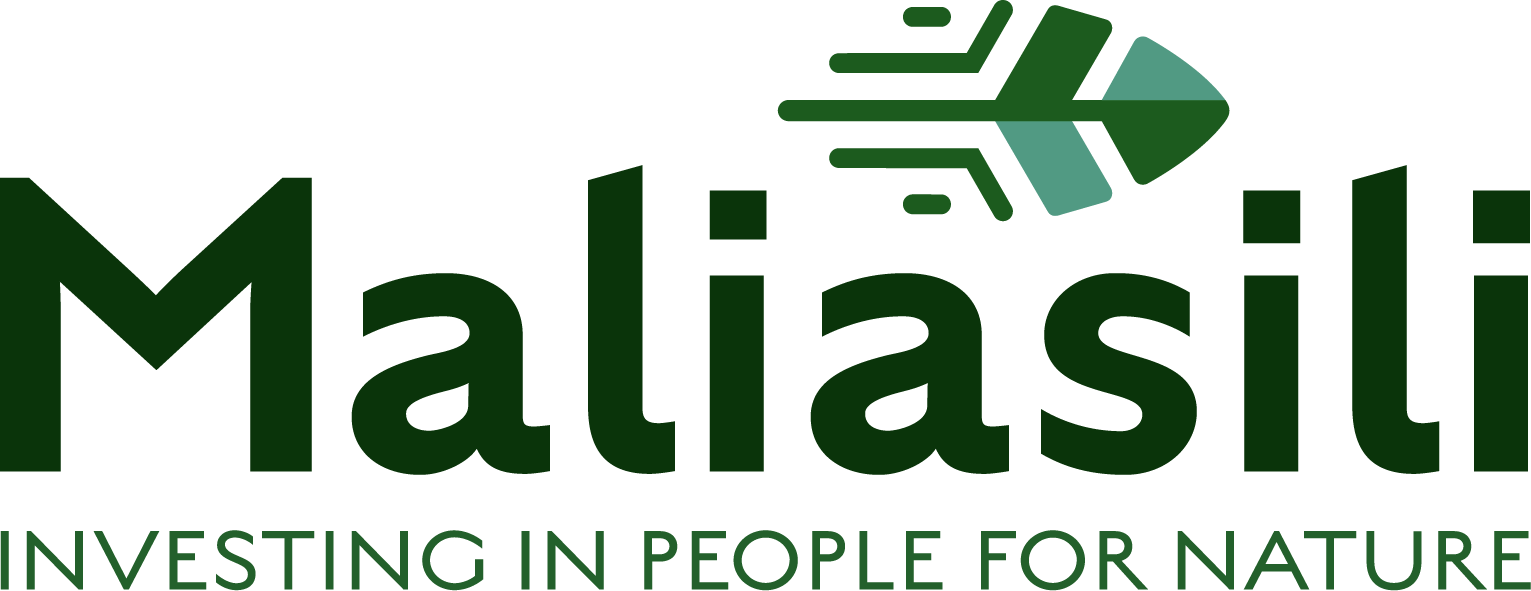The 2022 Maliasili Internship program, now in its third year, recently ended. This blog post highlights the interns’ experiences working with Maliasili and our partners, and their biggest takeaways.
Read MoreDriven by the belief that photography can motivate, mobilize, and inspire, Maliasili co-hosted a visual storytelling workshop with National Geographic photographer Ami Vitale at Ol Pejeta Conservancy, Kenya.
"Photography has the unique ability to transcend language and help us understand our deep connections to one another and all of life on this planet. It is the ultimate tool for creating empathy, awareness, and making sense of the world we share.” Ami Vitale
Read MoreThe hallmark of the best organizations is truly outstanding teams of people working together to accomplish extraordinary things. Great teams have a strong culture, talent, exceptional teamwork, and diverse skill sets. A vital feature of a great team is their culture of commitment - where individuals are entirely committed to overcoming any barriers to contribute to the mission.
Read MoreAkshay Vishwanath, Manager - East Africa Portfolio, describes the process and experience in working to strengthen IMPACT, an indigenous land rights organization based in northern Kenya.
Read MoreMaliasili’s internship program is helping to nurture the next generation of conservation talent. Through a partnership with the African Leadership University, four students recently completed internships organized by Maliasili. In this post, they discuss the four key things they learned in their respective roles.
Read MoreWhat makes leaders great? Our new East Africa Portfolio Director, Njenga Kahiro, shares his reflections.
Read MoreWant to continue your strategy learning journey? Join this 30-day strategy challenge to start your learning journey. Set time a side every week to watch a weekly video and follow the challenge represented. At the end of the 30 days you should have new information and tools that will make you a more strategic, connected, and effective organization.
Read MoreConservationists need to build high-performing, well-managed, strategically adept organizations that deliver results. Ultimately if we are going to save the planet, we need not only greater financial investment and more ambitious policy targets - we need truly outstanding conservation organizations as well.
Read MoreWe heard from four grassroots conservation leaders who are championing new, innovative, and successful community-led conservation efforts across Africa. Watch the webinar and learn key insights on why community-led conservation in Africa is working.
Read MoreOn 31 March, we held our first webinar on Strategic Planning. More than 400 people signed up from all over the world - from leaders of grassroots institutions to teams from larger funding organizations. Click to watch the webinar, and learn more from the Q&A session with the audience.
Read MoreAcross the world, women continue to make strides in spaces that previously were not accessible to them. In honor of International Women's Day, we spoke with three female conservation leaders on what changes they've seen, and what opportunities they believe there are for women leaders in this field.
Read MoreWorking with the BAND Foundation and Liz Claiborne & Art Ortenberg Foundation, and with additional support from JPMorgan Chase and Acacia Conservation Fund, we’ve designed a new Maasai Landscape Conservation Fund that will invest in community-based organizations in southern Kenya and northern Tanzania. Together, we plan to invest at least $3 million over the next three years to accelerate impact across one of Africa’s most important conservation landscapes.
Read MoreAs I went to bed that night, the dusty wind rattling my tent, I thought about how the invisible scorpions of GZT’s Samburu headquarters were a metaphor for the challenges of management. You can oftentimes ‘get by’ as a manager, but there are probably a lot of near-misses that could be avoided if management wasn’t so commonly done in the dark. With more care, thought, and preparation you can almost certainly avoid serious problems.
Read MoreIn Brief: For centuries, the Maasai living in Kenya’s South Rift Valley have used and managed the land in a way that supports both livestock and wildlife. This approach provides the foundation of community conservation and today this area serves as an important model of co-existence and wildlife restoration in Kenya and beyond, where people, livestock and wildlife live together and benefit from each other.
Read MoreIn Brief: Secure community land rights and new market opportunities from carbon credits have enabled the Hadza hunter-gatherers in northern Tanzania- one of East Africa’s most unique cultures- to develop an award-winning model for indigenous-led conservation, while protecting their territories and culture.
Read MoreA prominent new paper in the leading journal Science documents what all conservationists in East Africa already know: that growing human populations, settlements and infrastructure are increasing pressure on even the largest protected areas, and making it even more important to develop conservation approaches that reconcile the needs of people and wildlife.
Read MoreA good strategic plan should address a core set of questions – here are three simple and basic ones that we always push our partners to answer:
What does an organization do uniquely well?
What does an organization need to get better at?
What should an organization not be doing at all?
Enduimet is one of two community Wildlife Management Areas (WMA) in northern Tanzania that I’ve visited in the past couple of months. Both WMAs–Enduimet and Randilen–offer impressive landscapes and wildlife, and a unique tourism experience that goes beyond park boundaries. But while these places may seem wild, they actually require a huge amount of investment by people to make them work.
Read More“This is unlike anything I’ve experienced before in this field’ and ‘I wish I could have been part of something like the African Conservation Leadership Network (ACLN) ten years ago!”
Reported members of the 2018 ACLN cohort that met for the second time in Naivasha, Kenya in September 2018 for a week-long session to improve practical organizational leadership and management skills.
Read More



















